
Île Renote
Trégastel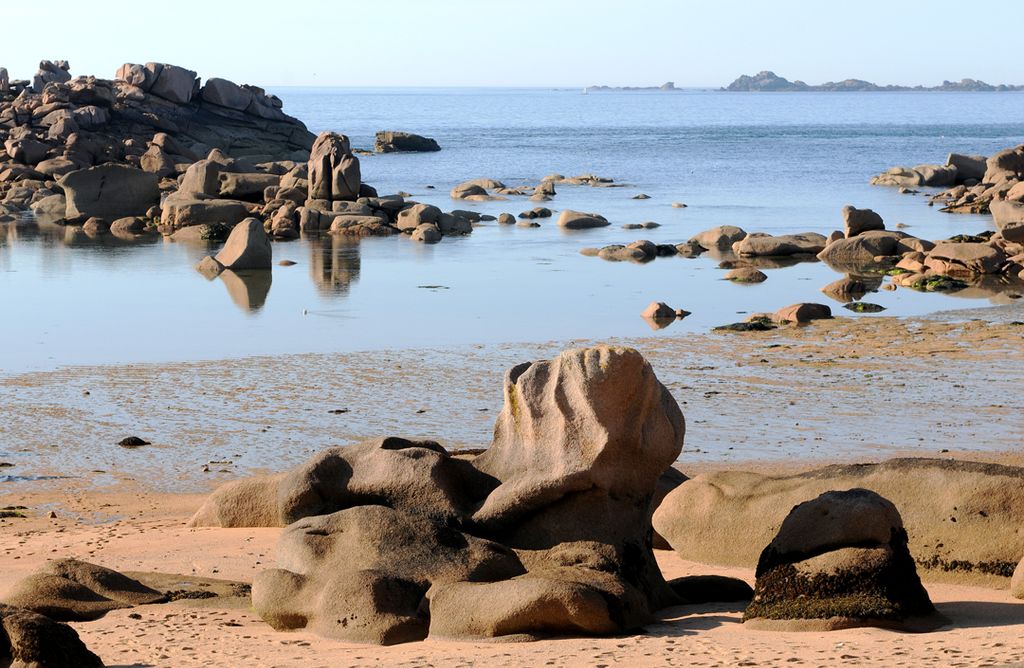
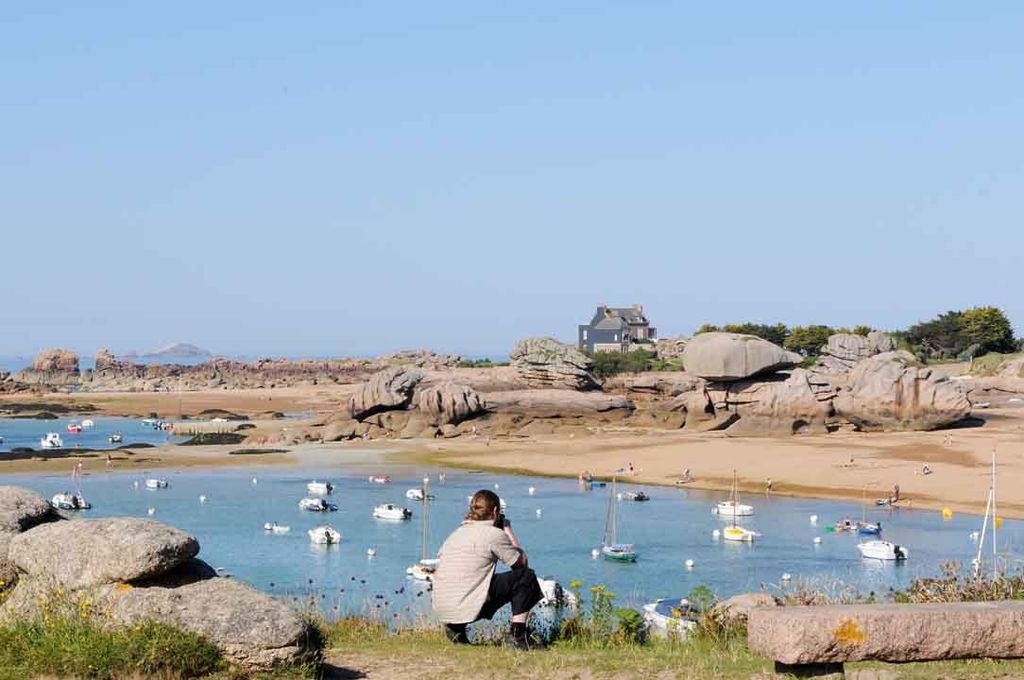
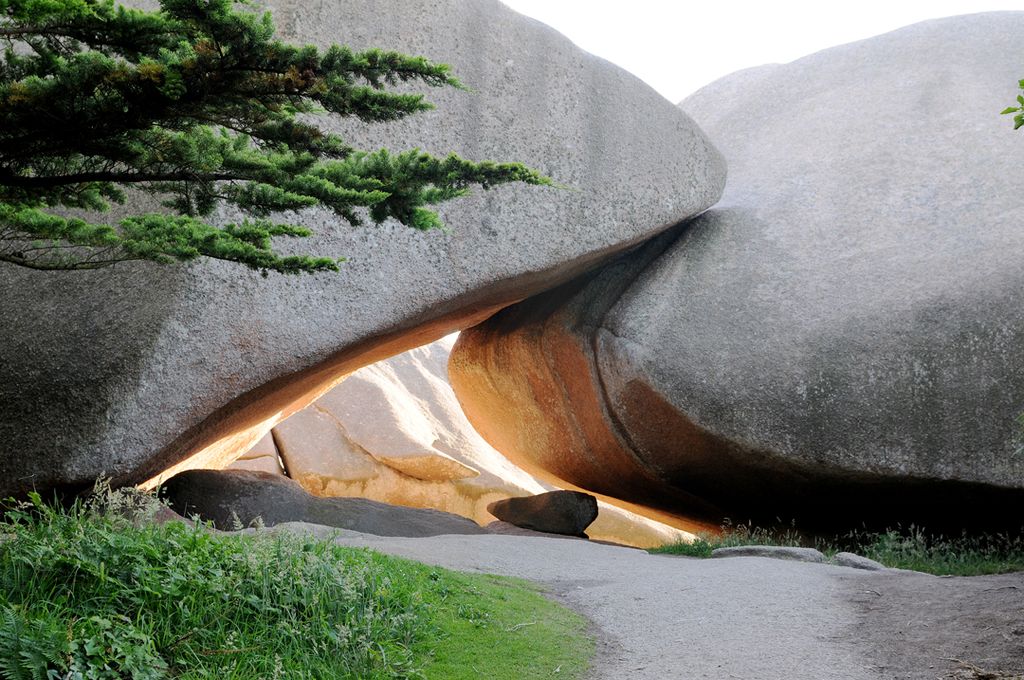
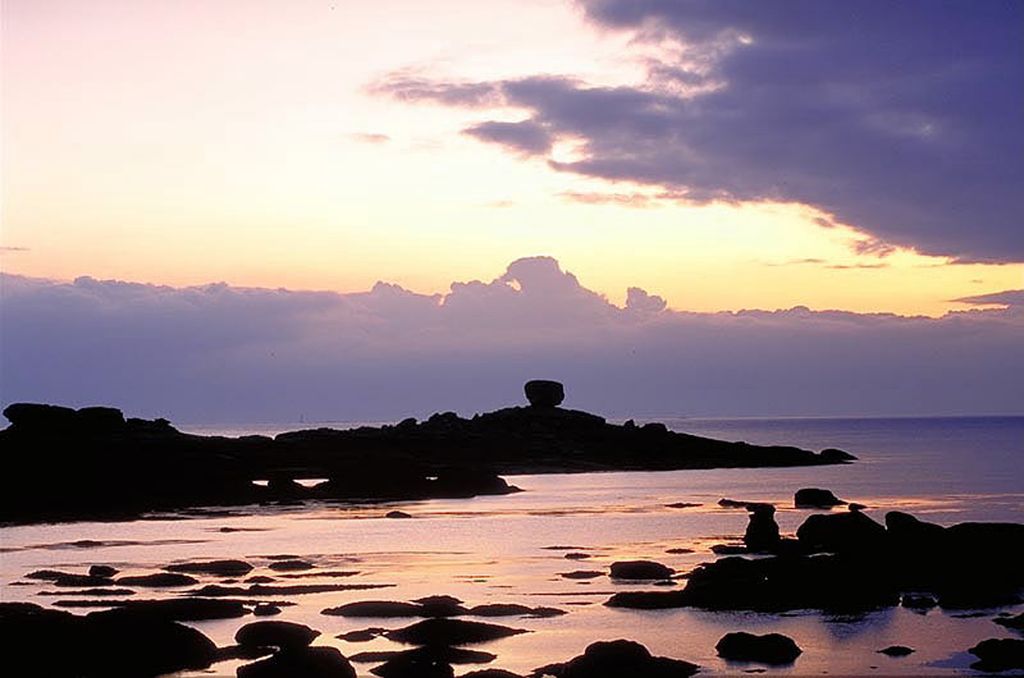
About
Formerly an island, Île Renote was joined to the mainland in 1895 by construction of a road, forming a peninsula. It has an exceptional geological and human history. Inhabited for 5,000 years, it has remarkable chaotic granite rock formations which form a unique natural landscape. Shaped by the sea, sculpted by the salt spray, the top of the rocky clusters is in places is studded with depressions (or crevices) nicknamed "bidets de la vierge" (the Virgin's bidets) or "empreintes du diable" (the devil's footprints). You can also see the rock known locally as "La palette du peintre" (the Painter's Palette). Be careful not to venture onto the neighbouring islands without checking the tide times. The currents in the area are extremely dangerous.
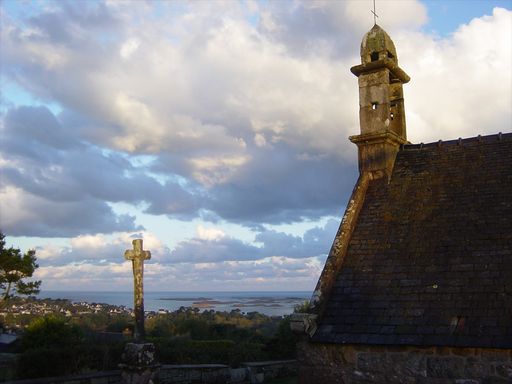

Chapel of Christ
Trébeurden
Classified as a historic monument and occupying a key position, the Chapel of Christ is not to be missed. Located on a small hill, 76 metres in altitude, it offers an outstanding panoramic view over...  See
See
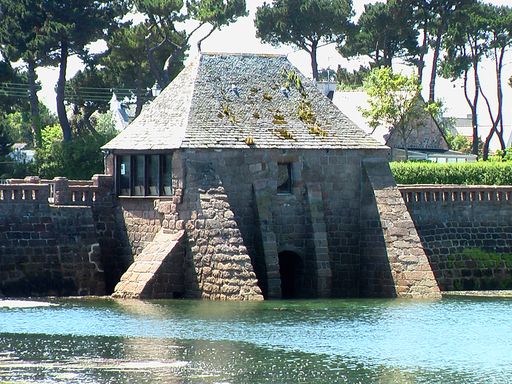

Château de Costaérès, Tourony
Trégastel
From the beach at Tourony, you can admire a beautiful view of the Château de Costaérès. This imposing neo-medieval style villa dates from the end of the nineteenth century. It was built by a rich...  See
See


Goas Lagorn Valley
Trébeurden
A nature conservation area, Goas Lagorn Valley is surrounded by the cliffs of Pors Mabo and Beg Légeur. Here you will find a landscape of extensive pastures and a flaura and fauna of recognised...  See
See
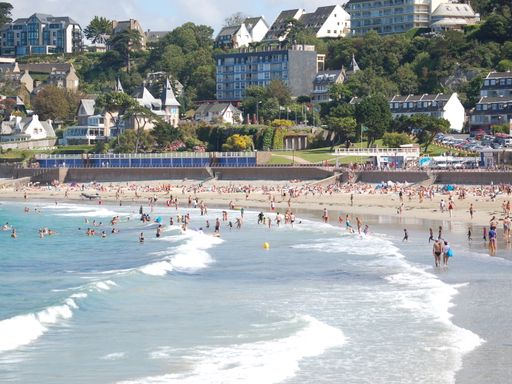

Trestraou beach
Perros-Guirec
The bay of Trestraou was at the root of the development of tourism in Perros-Guirec. In the nineteenth century, swimming in the sea was recognised for its curative qualities and became fashionable....  See
See



